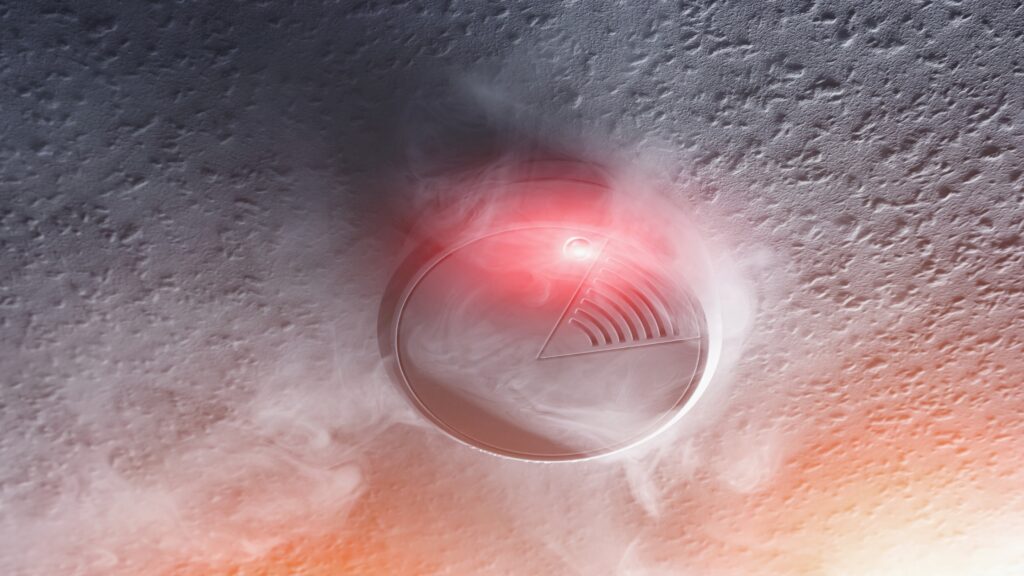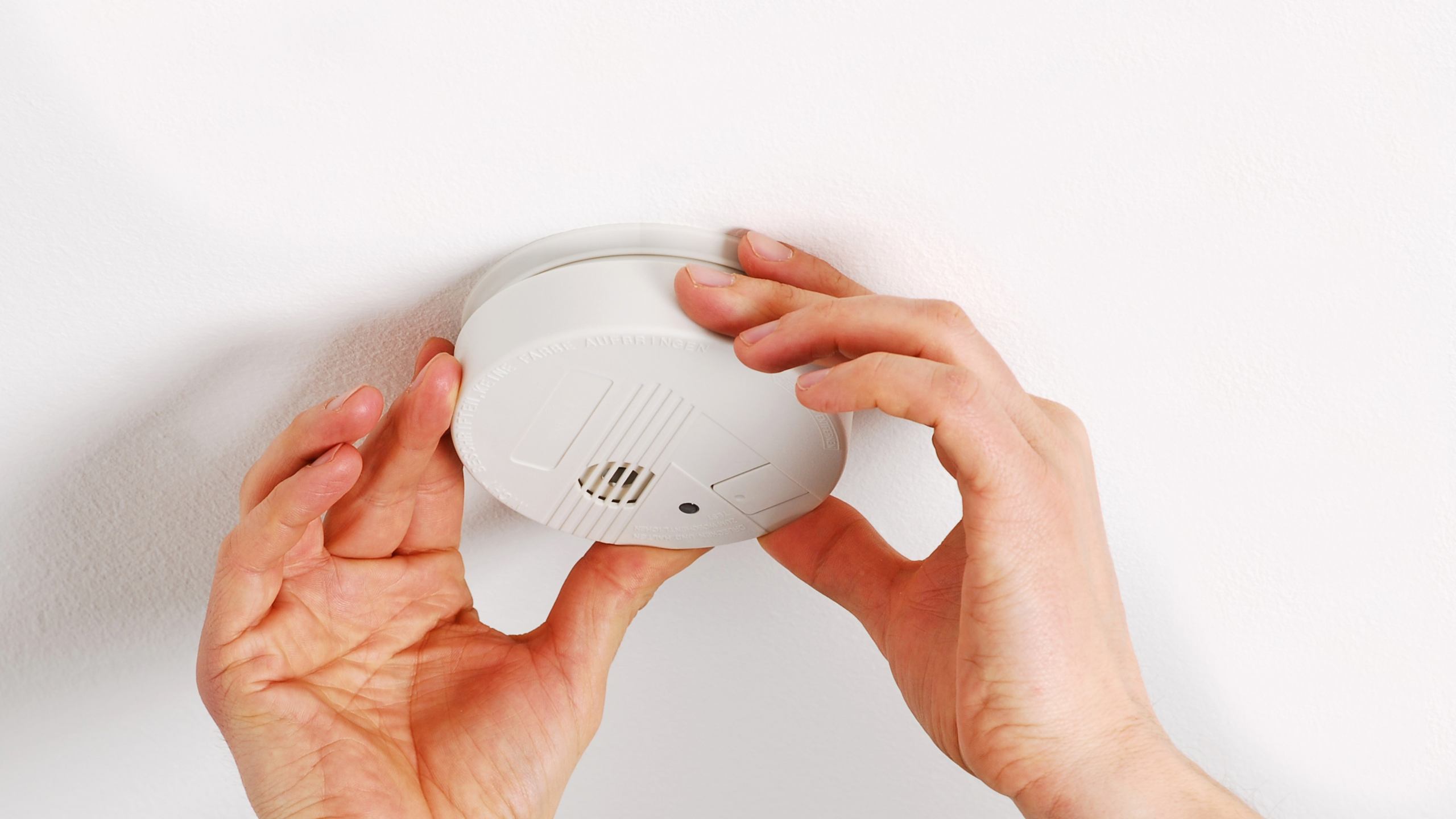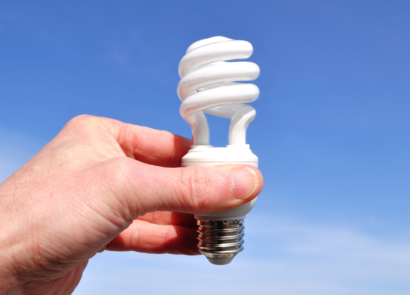Many people are unaware that certain smoke alarms contain radioactive material—for good reason. Ionization smoke alarms, for example, use americium-241 radioactive material, which is highly sensitive to invisible particles from fast-burning, smokeless fires that can spread quickly without much warning. It means that this type of alarm can be very useful in saving lives.
While the amount of americium-241 in these alarms is small and safely contained during use, it’s essential to recycle these alarms properly once they reach the end of their lifespan.
How alarms are managed at drop off
After you drop off expired smoke alarms at a recycling location, they undergo a thorough process to safely manage their component parts. First, the alarms are sorted by type and inventoried by trained technicians. Any removable batteries are extracted, while the plastic and metal components are separated and recycled into commodities that can be turned back into new materials.

Smoke alarms use a small amount of radioactive material to detect smoke. When smoke enters, it interrupts the system and triggers the alarm.
Recycling these materials not only helps conserve natural resources but also keeps them out of landfills and waterways. Meanwhile, the americium-241 radioactive material in certain alarms is carefully handled and sent to a licensed radioactive waste facility. These facilities securely store the radioactive cells long term until the material naturally decays.
The importance of checking and replacing your alarms
It’s important to check your alarms to ensure they work correctly. In 2021, there were nearly 11,000 fire incidents at residential properties in Canada, which are far too many. The chance of house fire fatality is reduced by half if you have working alarms.
If your alarm is more than 10 years old, it should be recycled and replaced. There are different types of smoke and carbon monoxide alarms. To find out which type of alarm best fits your home, check out this blog.
If it’s time for you to replace an alarm, check Product Care’s recycling locator to find a free drop off location near you. All types of alarms can be safely recycled through our program.
Never throw your smoke alarm in the regular trash bin. Though the amount of radioactive material in smoke alarms is minimal, it’s crucial that it’s handled correctly to minimize the chance of environmental contamination.
Fire Prevention Week
With Fire Prevention Week happening from October 6 to 12, now is the perfect time to take a close look at your household smoke alarms.
This annual event, led by the National Fire Protection Association, aims to raise awareness about fire safety and prevention. This year’s theme, “Smoke Alarms: Make Them Work For You!”, highlights the importance of installing, testing, and replacing your smoke alarms to make sure they’re ready to protect your home and family.
If you live in BC and your smoke alarm is broken, expired or faulty, recycle them with Product Care Recycling. Our smoke alarms program in BC accepts ionization, photoelectric, combination, and carbon monoxide alarms.
Use this recycling locator to find your nearest recycling location today!



